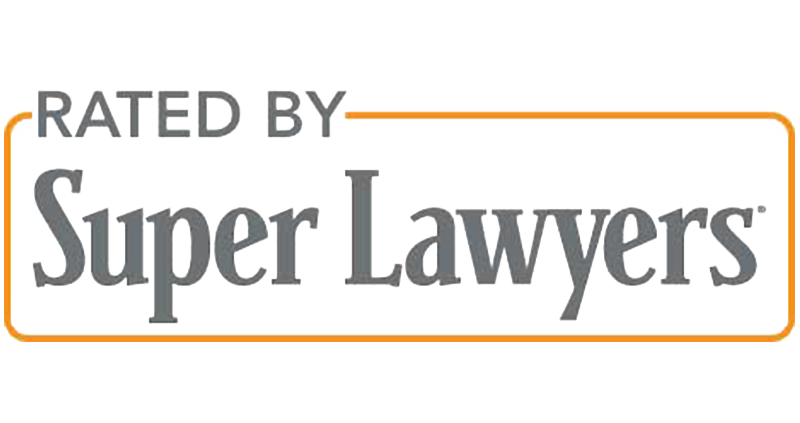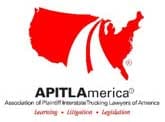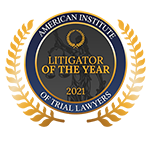In most cases, a person creates what is known as a testamentary will to articulate his or her final wishes. However, there are actually several types of wills that might be recognized by a Georgia probate court. An estate planning attorney may be able to provide more insight into what type of will is most appropriate to meet your needs.
What are the elements of a testamentary will?
A testamentary will is typically a typed document that is signed in the presence of at least two witnesses. It may also be in your best interest to have the witnesses sign the document; ideally, these people will not stand to benefit from your estate. If your will is not signed in the presence of another person, it is known as a holographic will. It’s important to note that it can be difficult to prove the validity of this type of document as no one can vouch for its authenticity.
A will can make sure that assets flow into a trust
The use of a pour-over will can help make sure that assets not already in an existing trust are transferred to it at the time of your death. It’s important to note that it will likely need to be probated despite the fact that it is intended to take property out of your estate.
Mutual wills can protect a child’s inheritance
Mutual wills are typically created by two people who are planning to spend the rest of their lives together. When one party to the agreement dies, the surviving person is required to abide by the document’s terms, including instructions about assets being left to children and other heirs. As a general rule, it’s a good idea to have an estate law attorney create such a document.
When properly crafted, a will is an effective way to retain control over assets after you pass. It can also be an effective tool to ensure that a trust is properly funded after you depart this world. An attorney may be able to help with the process of creating a will and other estate plan documents.

















